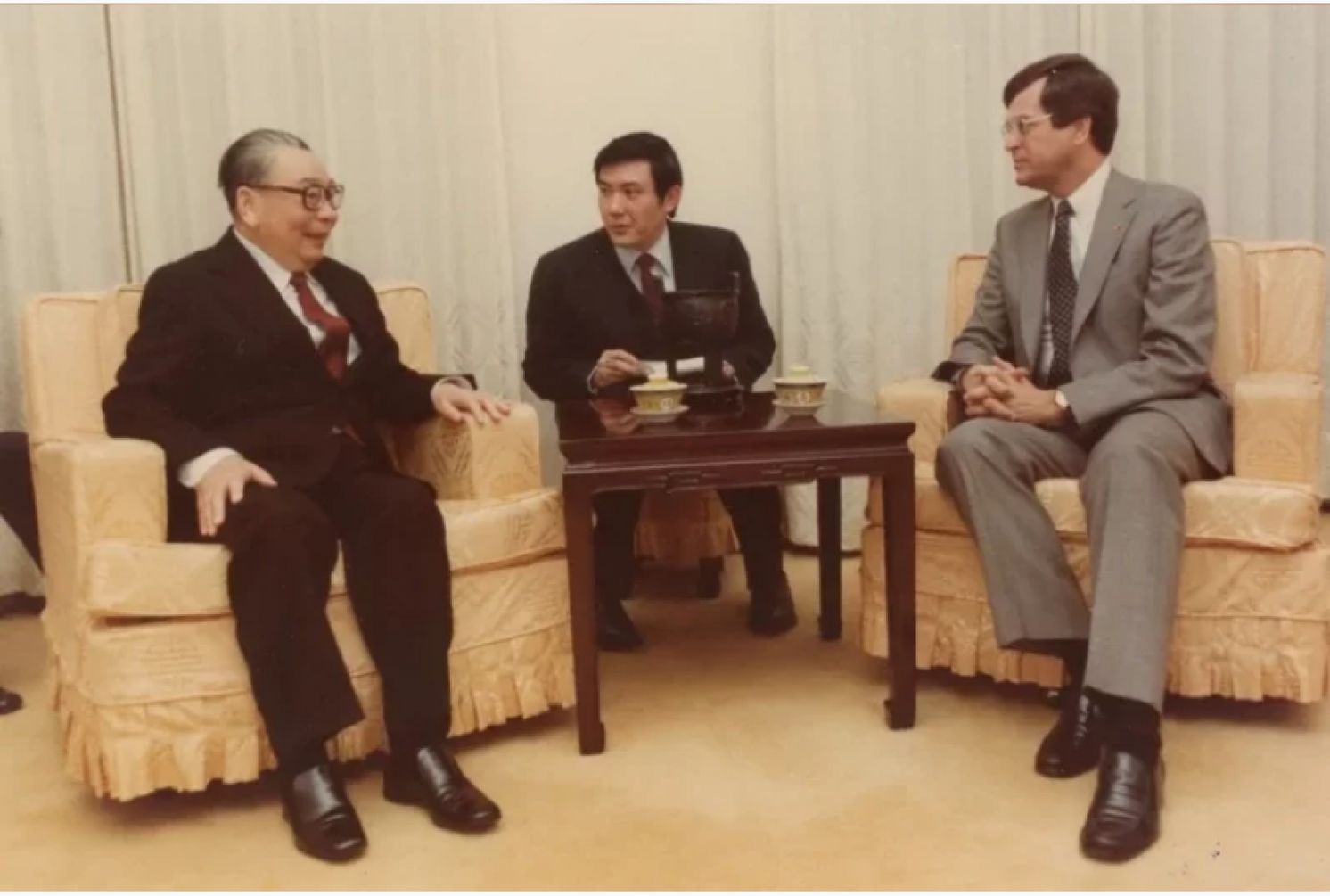
Do Not Distort the Legacy of Chiang Ching-kuo
By Lian Hung-ching
China Times, January 23, 2022
At the inauguration of the President Chiang Ching-kuo Memorial Park, President Tsai Ing-wen not only participated in person but also recognized Chiang’s position of “countering Communism and defending Taiwan.” Even if this is an election calculation, it indeed does have the effect of dissolving Taiwan’s social division. Now that we commemorate Chiang, we cannot but clarify the so-called “Chiang Ching-kuo legacy.”
President Chiang Ching-kuo was the real common denominator of Taiwan, he not only created the “economic miracle” of Taiwan singlehandedly, even Shih Ming-te, a former leader of the Democratic Progressive Party (DPP), who spent most his life confronting Chiang also acknowledged the formation of the DPP was a result of Chiang’s acquiescence. Taiwan Semiconductor Manufacturing Company (TSMC), Taiwan’s “mountain sacred”, was fostered by Chiang; “democratic reform” was tolerated by Chiang. After all, Chiang is the memorial tablet (ace card) of the Kuomintang Chinese Nationalist Party (KMT). In the past, the DPP created gridlock. If it denied the contribution of Chiang, even children wouldn’t believe it. But if they recognized the great contribution of Chiang, they would be handing free votes to the KMT.
Therefore, the DPP coined a statement, that is President Chiang Ching-kuo’s toleration of democratic movement was under the pressure of the United States. In the diaries of Chiang, there were indeed similar instances, the “Case of Chen Chu” in 1978 for example, Chiang wrote that the United States pressed and coerced us in a vilest behavior was very much abominable,” ”American ambassador even received our criminals at their embassy, his behavior was indecent. The United States allured our dissidents and supported them for years, I don’t know how long I can tolerate it”
It is perceivable that President Chiang needed American assistance to confront Chinese Communists while infuriated with those non-KMT activists backed up by U.S. to sabotage establishment. The Taiwan situation in 1980s, suppression was the only way to deter democratic movement but bloody suppression would lose American support. The DPP thus affirmed that the open attitude of Chiang to democratic reform was not voluntary.
This statement simplified the options of President Chiang Ching-kuo, there was possible another Chiang in history. When there was collision between the Kuomintang (KMT) and non-KMT activists, the Beijing authority extended its olive branch to the KMT. In 1983, Deng Xiaoping tendered clear-cut conditions for reunification: mainland China will not dispatch personnel to station in Taiwan, neither military nor administration personnel. The party, political and military systems will be administered by Taiwan itself while the Beijing central government will reserve quotas for Taiwan.
When the Chinese Communists would not send personnel to Taiwan, the KMT naturally would become one and only big powerful party; without the pressure from the mainland, President Chiang also no longer needed to look at America’s face. If Chiang accepted the reunification conditions offered by Deng Xiaoping, KMT rule would not be challenged. The leader of Taiwan would possibly be the posterity of Chiang either John Chiang (Hsiao-Yan) or Chiang You-song.
Now the DPP uses Chiang’s “Countering Communism and defending Taiwan” for self-endorsement; the early years of Chiang’s countering communism was to “reclaim mainland China”. In the later years it was revised to “unify China with Three Principles of People”; he realized clearly that the battlefield advantageous to Taiwan was not in military, politics and economy but in system competition and in people’s hearts competition.
In the Chiang years, Taiwan had confidence to propose “a country with good system” and did not reject reunification but demanded reunification be done under “a country with best system”. In those years even people on the mainland envied Taiwan and was zeal for Taiwan system. System competition hit the Achilles heels of Beijing.
Now Taiwan is completely democratized, but can Taiwan’s system still be attractive to the people on mainland China? This is food of thought for all Taiwanese. President Chiang Ching-kuo fostered TSMC while the DPP fosters Medigen Vaccine Biologics Corporation; Chiang demanded separation of government and business while the DPP distributes tenders among kins and friends; Chiang tried hard to maintain peace cross Taiwan Straits while the DPP connives misfires cross Taiwan Strait, then demands military “fight to the last soldier.”
To inherit President Chiang Ching-kuo’s legacy, first Taiwan should make its democracy re-recognized by people cross the Taiwan Strait. The best vantage points of system are the true safeguard of Taiwan and Chiang’s most valuable legacy.
From: https://www.chinatimes.com/newspapers/20220123000431-260109?chdtv